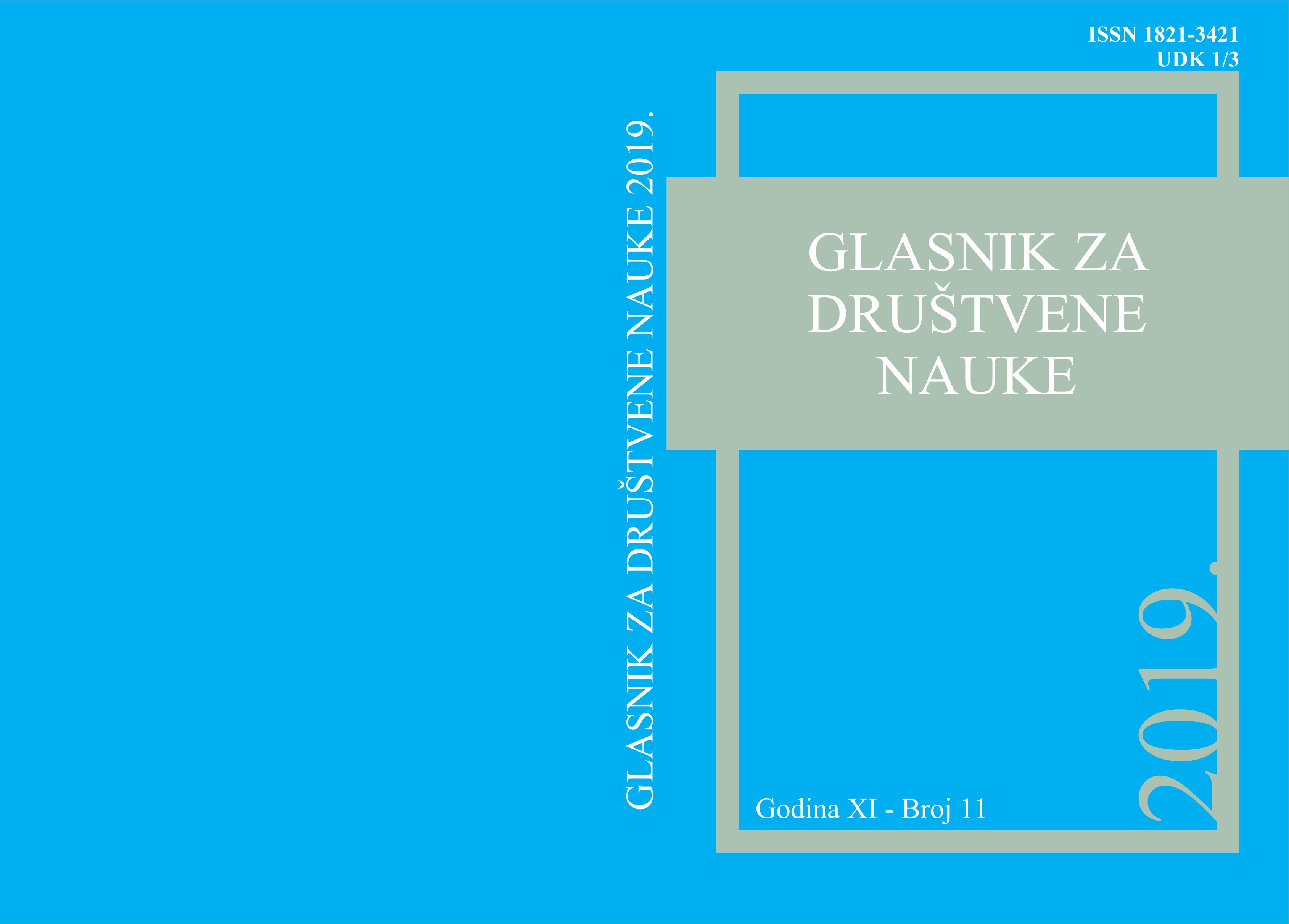JOB SATISFACTION, REWARDING, PROFESSIONAL AND REFINEMENT IN THE ACCOUNTING
Keywords:
ob satisfaction, rewarding, prosperity, specialization, accounting profession.Abstract
The purpose of this paper is to present the results of the research on job satisfaction in domicile accounting agencies and point to the importance of rewarding, prosperity and specialization in the accounting profession. In order to ensure proper quality of employees in the accounting agencies, it is necessary to provide an appropriate level of earnings - it is a necessary condition, but not a sufficient one. In the new economy of the 21st century and the era of knowledge, changes occur in the employee value system where employees increasingly attach more importance to professional development and career advancement in addition to adequate earnings. This paper analyzes the theoretical and practical factors of motivation of employees, such as pleasure and satisfaction of rewarding opportunities of advancement and development and propose measures to improve job satisfaction.
References
2. Beutell, N.J., i Brenner O.C., Sex Differences on Work Values., Journal of Vocational Behavior, 1986., 28(1): pp. 29–41.
3. Beutel, A.M., i Marini, M.M., Gender and Values. American Sociological Review, 1995., 60: pp. 436–448.
4. Bratton, J., i Gold, J., Human Resource Management Theory and Practice, Basingstoke: Macmillan, 1994.
5. Chiu, R.K., Luk, V.W.M., i Tang, T.L., Retaining and Motivating Employees: Compensation Preferences in Hong Kong and China, Personnel Review, 2002., 31: pp. 402–31.
6. Greenberg, J., i Baron, A.B., Ponašanje u organizacijama, Beograd: Želnid, 1998.
7. Grubić-Nešić, L., Razvoj ljudskih resursa (ili spremnost za promene), Novi Sad: AB Print, 2005.
8. Lawler, E.E., Treat People Right, San Francisco: Jossey-Bass Inc, McGraw-Hill Irwin, 2003.
9. Leković, B., Principi menadžmenta, Subotica: Ekonomski fakultet, 2008.
10. Lueptow, L.B., Garovich, L., i Lueptow, M.B., The Persistence of Gender Stereotypes in the Face of Changing Sex Roles Evidence Contrary to the Sociocultural Model, Ethology and Sociology, 1995., 16: pp. 509–530.
11. Levy, E.P, Industrial/Organizational Psychology, Boston: Houghton Mifflin Company, 2003.
12. Malhotra, N., Budhwar, P., i Prowse, P., Linking Rewards to Commitment: An Empirical Investigation of Four UK Call Centres, International Journal of Human Resource Management, 2007., 18(12): pp. 2095–2128.
13. Marković, M., Vrednosti i kvalitet života, Glasnik za društvene nauke, 2009., 1: pp. 74–85
14. McShane, S., Organizational Behavior, Boston: McGraw-Hill Irwin, 2003.
15. Sejjaaka, S.K., i Kaawaase, T., Professionalism, Rewards, Job satisfaction, and Organizational Commitment amongst Accounting professionals in Uganda, Journal of Accounting in Emerging Economies, 2014., 4(2): pp. 134–157.
16. Šušnjar, Š.G., i Zimanji, V., Organizaciono ponašanje, Subotica: Ekonomski fakultet, 2005.


